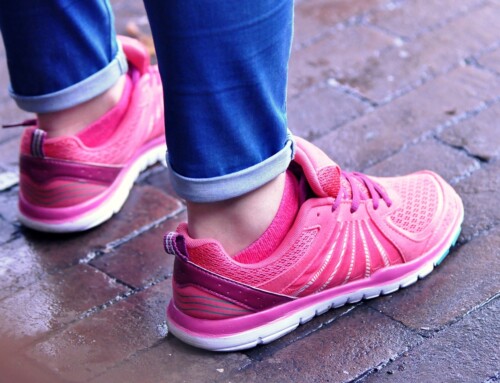Allergies are among the most annoying seasonal afflictions, affecting 50 million Americans. In fact, allergies are so prolific that they are listed as the sixth-leading cause of chronic illness among the general population. Unfortunately, allergies pose a more significant risk to the elderly, as pollen can further exacerbate existing heart conditions and other ailments in the senior citizen population. As our national population ages, additional research will be required to assess the impact of allergies on this demographic.

In this age group, allergies can be harder to diagnose and treat, and this is due to many factors triggering an allergic reaction (or camouflaging it). Many doctors misdiagnose allergy symptoms in seniors as something more significant or may think the symptoms to be a part of an existing condition. If not diagnosed correctly, inflammatory responses from allergies can result in more serious issues for senior citizens, like chronic illness. That’s why it is essential to treat allergies in seniors promptly.
Common Allergy Symptoms
These questions will help to determine if you are dealing with allergies.
- What are the symptoms? The most frequent symptoms of allergies are runny nose and sniffling, sneezing, and itchy or watery eyes. If you are experiencing a fever, sore throat, or body aches, you may have a cold or flu.
- Are you taking any new medications or drugs? Some prescriptions can cause allergy symptoms to worsen or lead you to misdiagnose side effects as allergy symptoms.
- Were you prone to allergies in the past? If you’ve experienced allergies in the past, you are more able to self-diagnose the symptoms. However, many older adults develop allergies as they age, or allergies may grow worse. Immunosenescence – or aging of the immune system – may require a different approach than in the past.
The most common allergy-relief prescription drug is typically not recommended for seniors over 65. Antihistamines can elevate blood pressure and interact with other medications, resulting in serious side effects. As with any medication, you should include your personal physician in the decision regarding any allergy treatment.
Prevention of Allergies in the Home
Whether living at home or in an assisted living facility, there are precautionary steps a senior can take to keep allergy symptoms at bay.
The most common cause of allergies is from inhalant allergens, including mold and pollen. Maintaining a home free of these pollutants can help ease discomfort. Because antihistamines are generally not recommended for seniors, these measures may provide the needed relief.
- Clean weekly: Vacuum and dust as often as possible, and wear a mask if extra sensitive.
- Utilize the air conditioning: Close all windows and rely on the air conditioning to keep the home cool and allergen-free.
- Wash hands often: Wash your hands to reduce pollens that may result in allergic reactions.
- Educate yourself on pollen levels: Local allergen forecasts alert you to particularly high pollen levels, so you can avoid going outside.
- Eat vitamin C-rich foods: Foods with Vitamin C can help fight inflammation, and other nutrient-rich foods such as apples, walnuts, ginger, and green, leafy vegetables will also help boost your immunity.
- Remove clutter: Dust can build up on clutter and make allergies worse.
- Use a dehumidifier: Mold often causes seasonal allergies but is limited when your home is kept under 50 percent humidity.
Allergic reactions can cause a lot of discomfort, but by working with your doctor and concentrating on your immediate environment, you should be able to alleviate many of the symptoms.
A Banyan Residence is an assisted living and memory care center located in The Villages.






